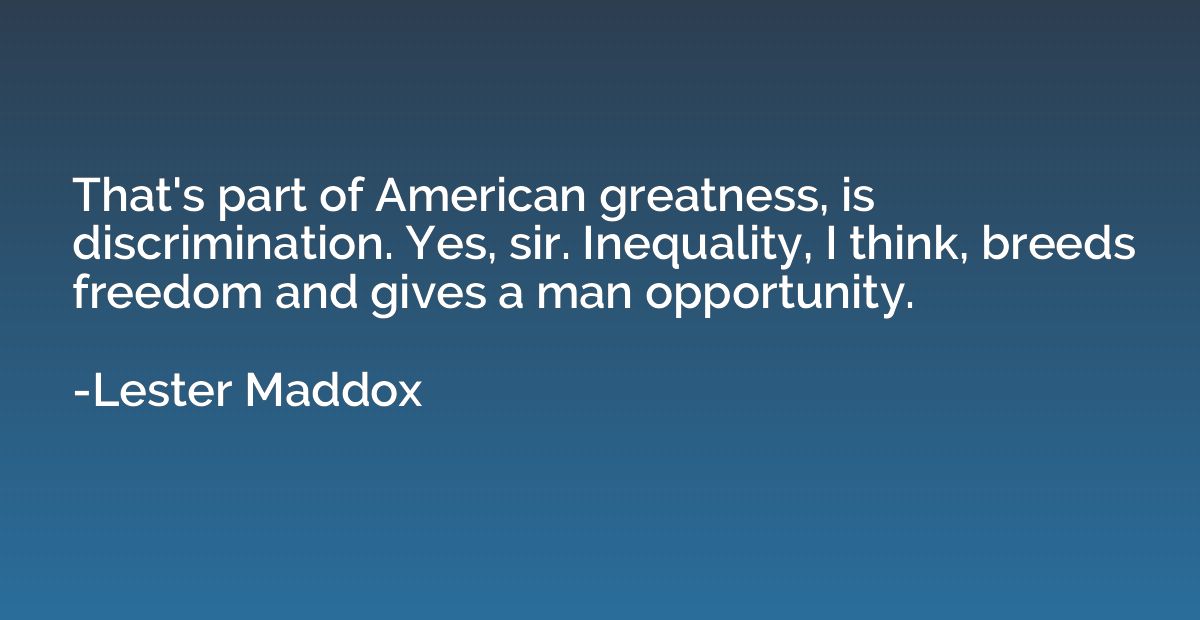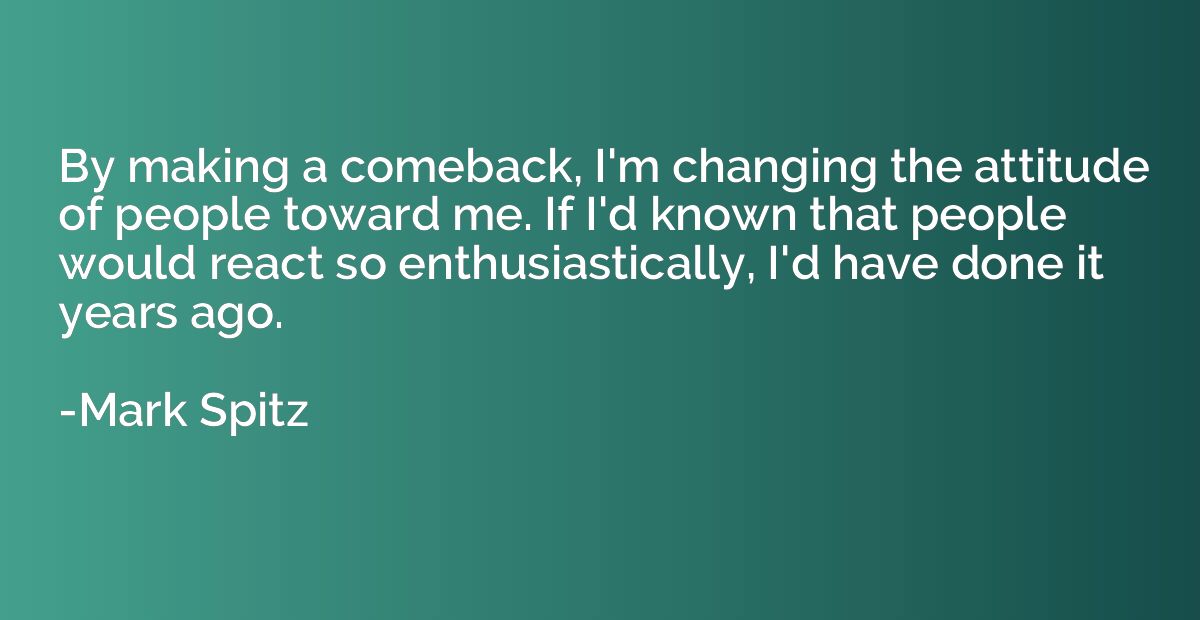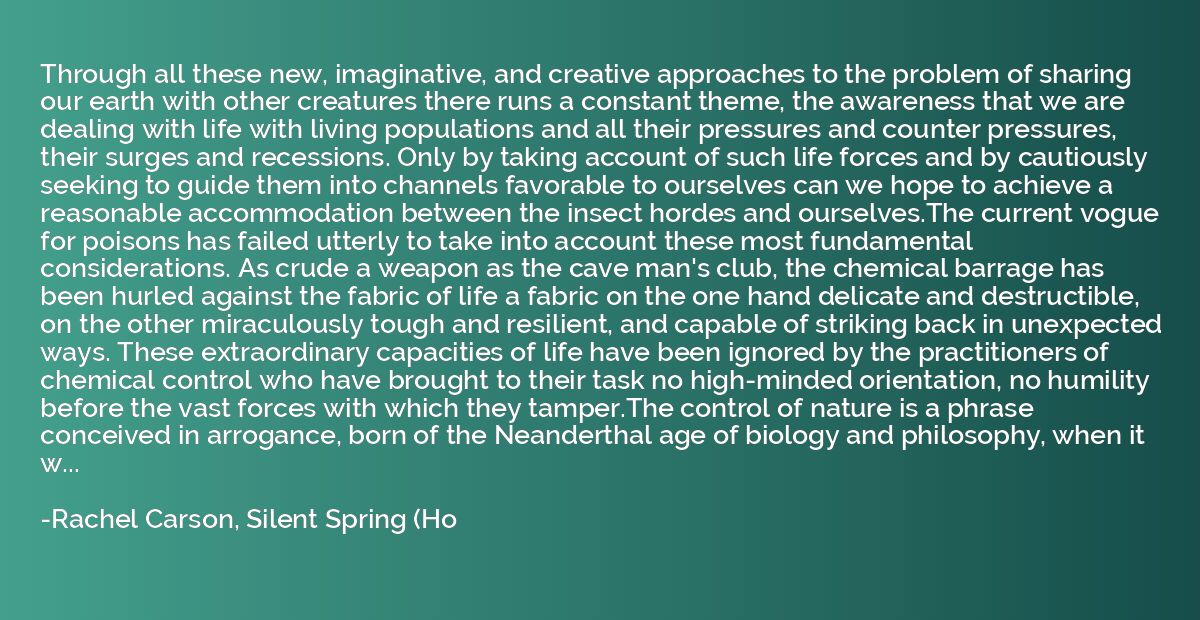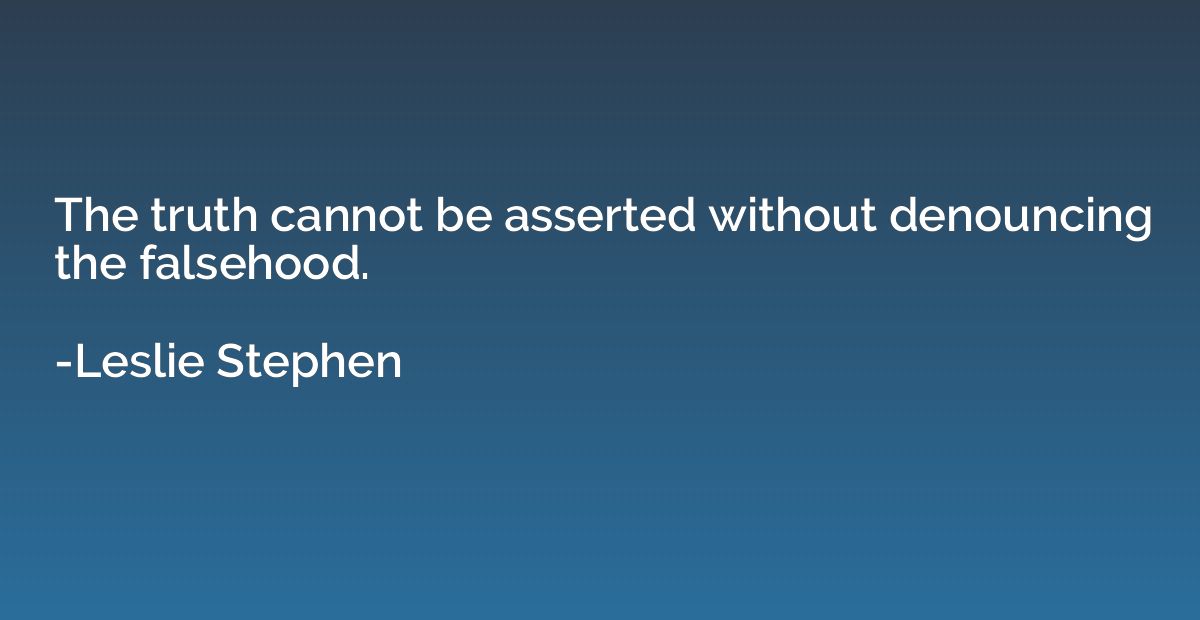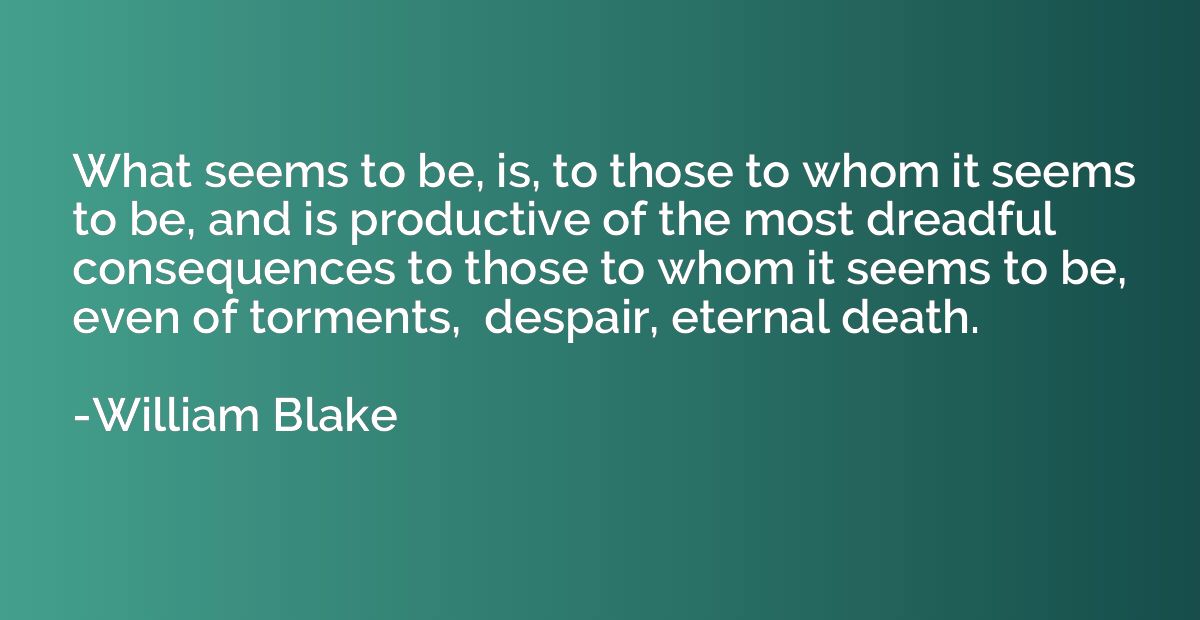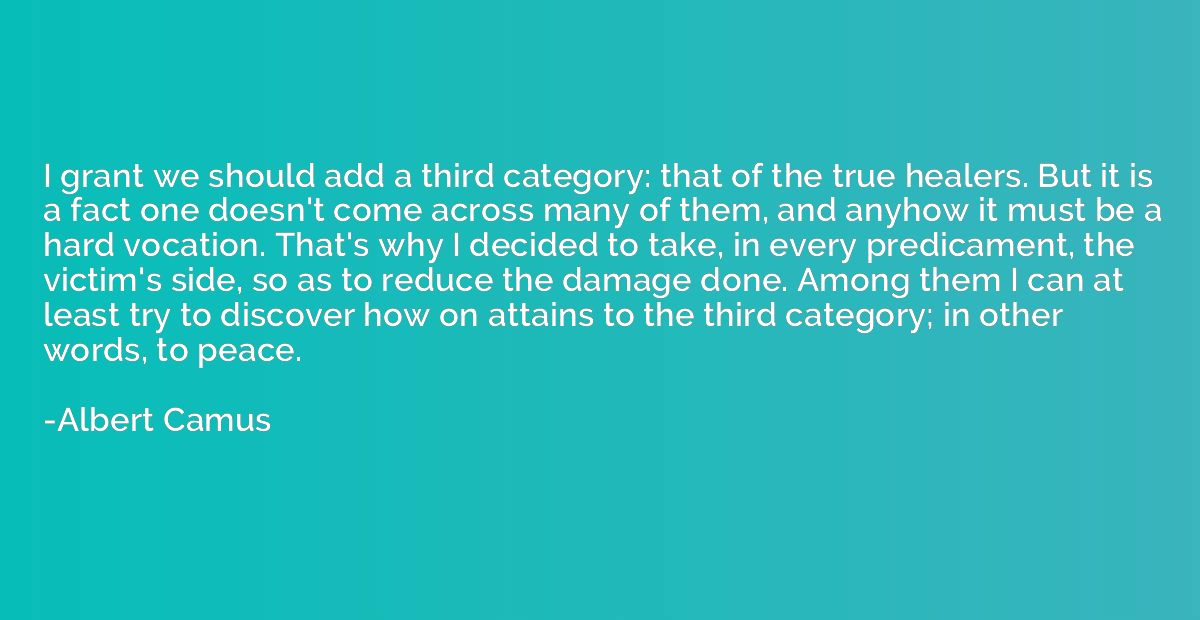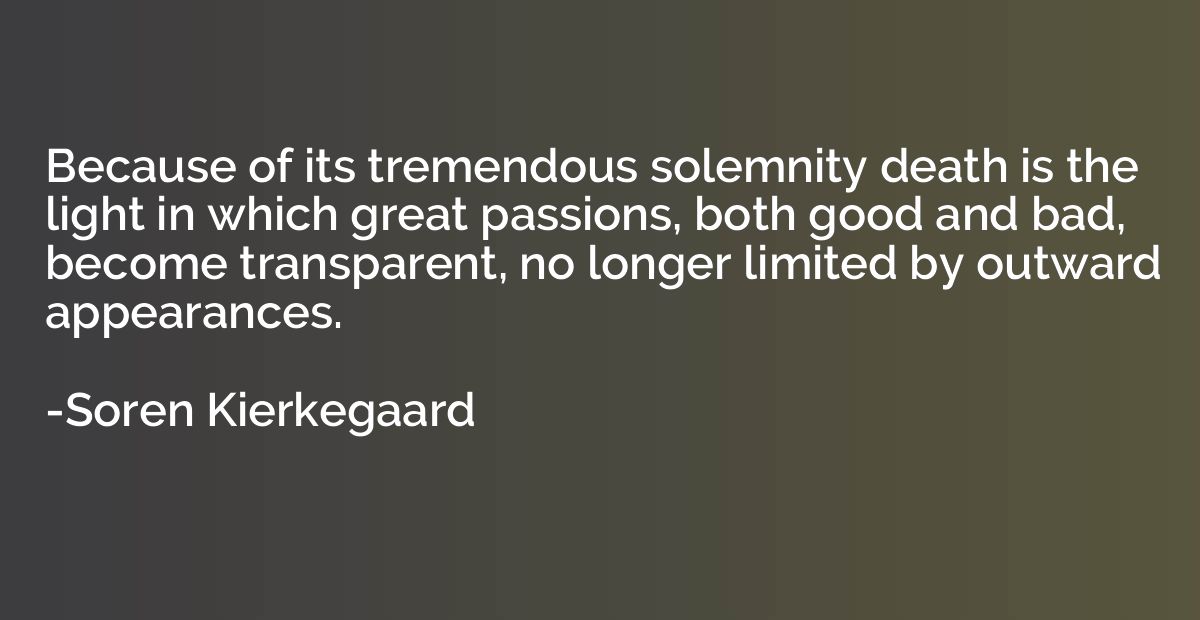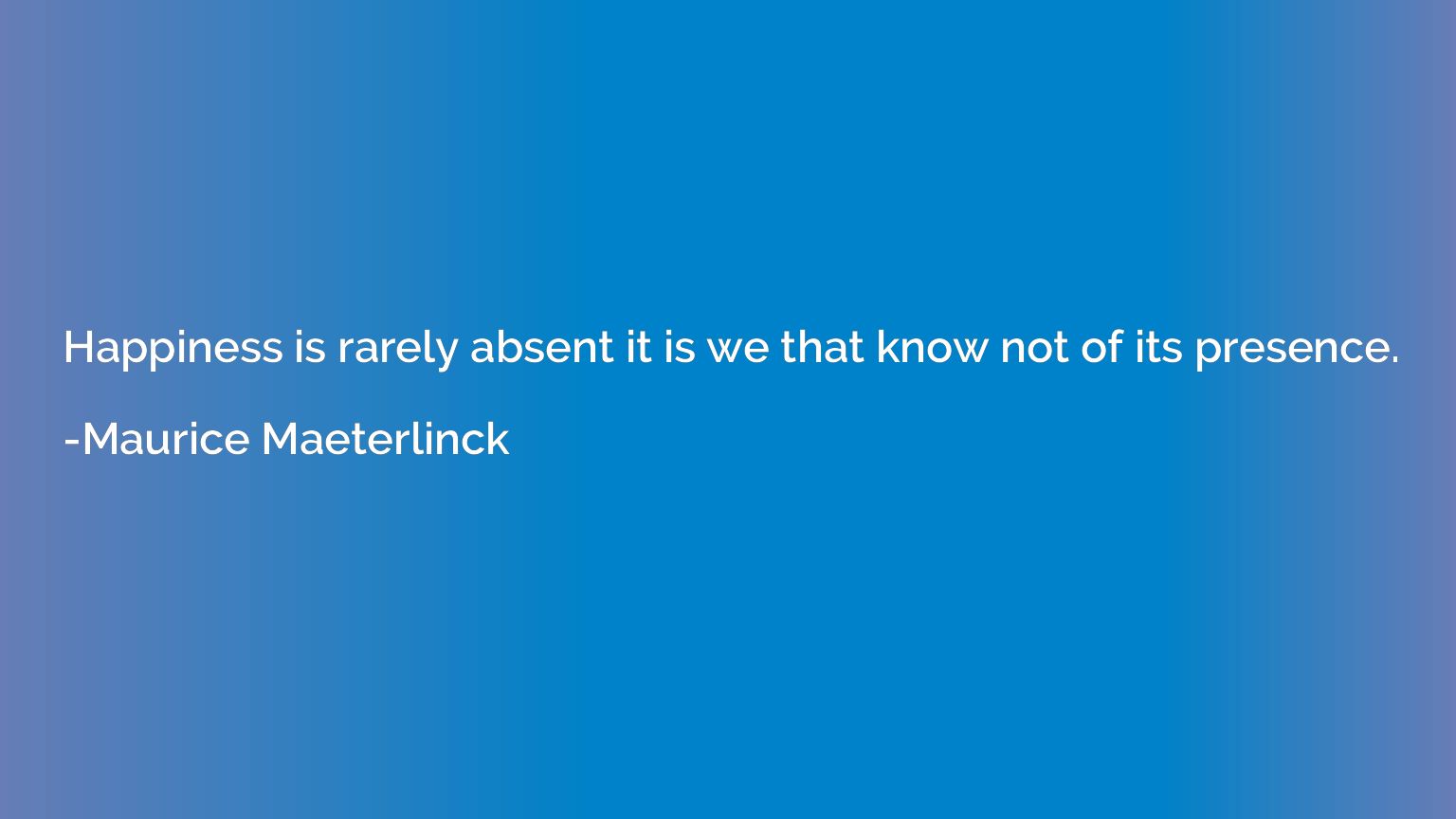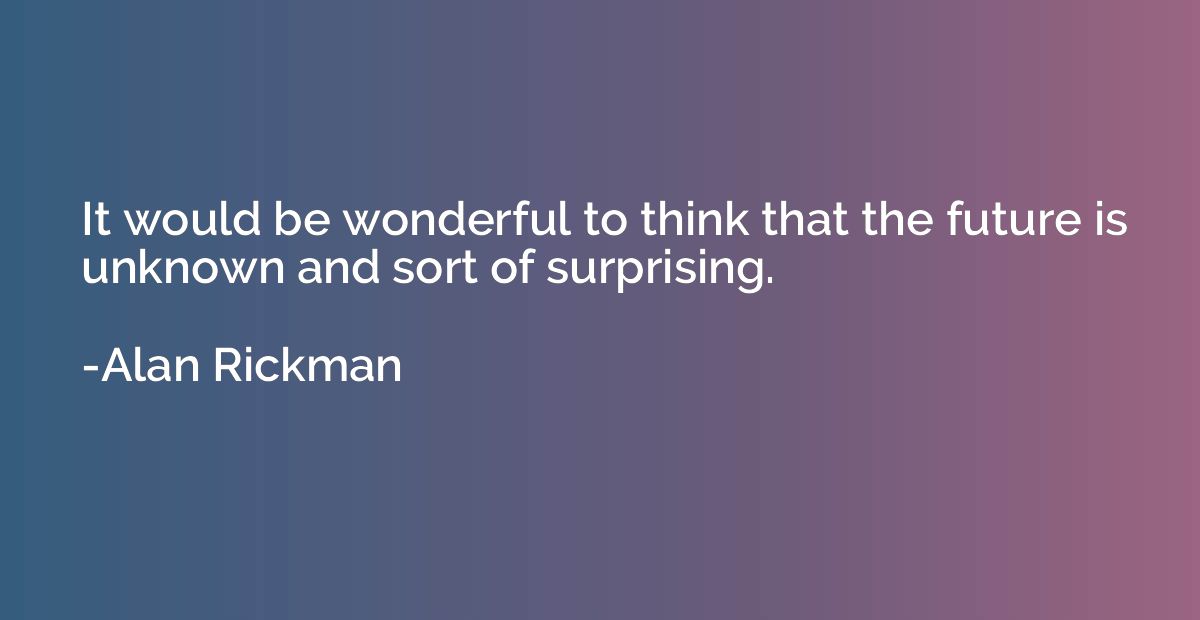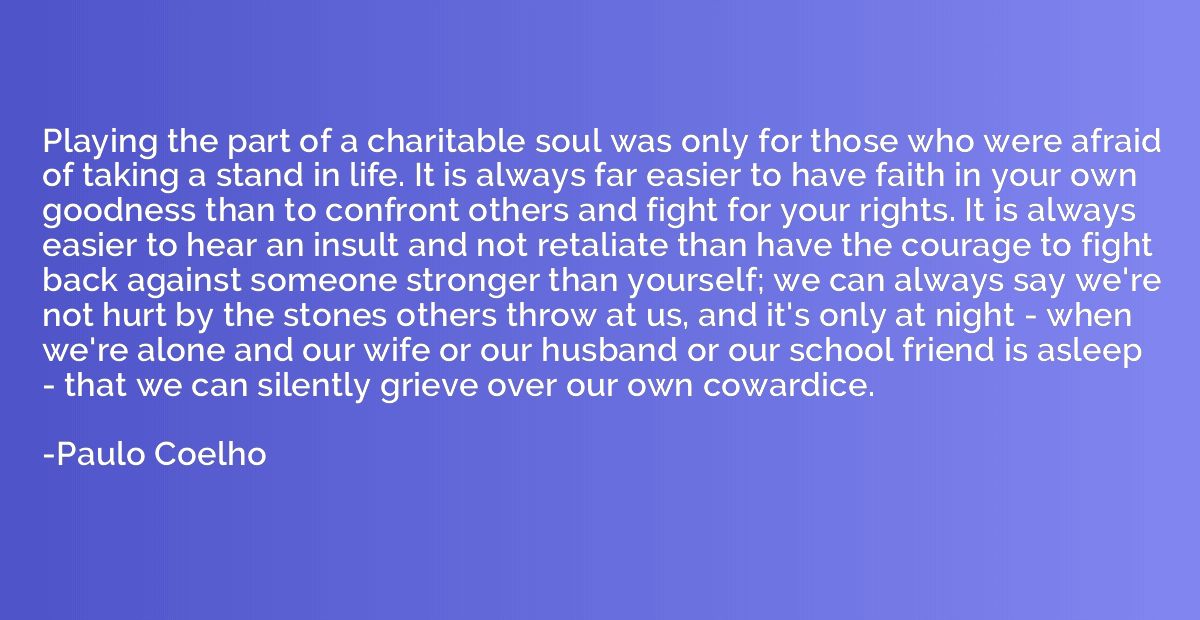Quote by Emilio Estevez
I'm a wonderful disaster. So are you. We're all a mess. We're in this culture that says take this pill and you'll be happy, go on this diet and you'll be thinner, have your teeth whitened, people will love you more.

Summary
This quote highlights the idea that everyone is flawed and imperfect in their own way. The speaker refers to themselves and others as a "wonderful disaster," acknowledging that we are all a chaotic mix of strengths and weaknesses. They criticize the pressure imposed by society to conform, suggesting that people are constantly bombarded with messages promising happiness and desirability through external means like pills, diets, and physical changes. The quote emphasizes the importance of accepting oneself and others for who they are, accepting the messiness and imperfections that are part of being human.



